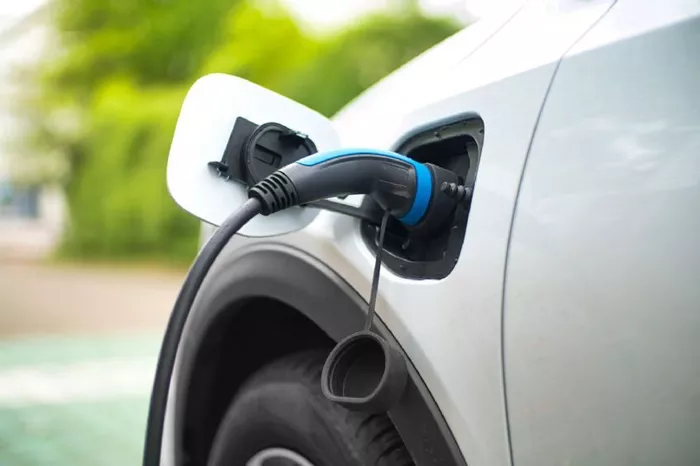The number of vehicles on British roads has reached an all-time high in 2024, according to the latest data from the Society of Motor Manufacturers and Traders (SMMT). The total number of vehicles increased by 1.4%, reaching 41,964,268. This includes a 1.3% rise in the number of cars, which grew by 470,556 units to 36,165,401. This marks the third consecutive year of growth for the UK car market and the second-largest increase since 2016.
The rise in vehicle numbers reflects the growth of the new car market, where 1.953 million new cars were registered in 2024. Of these, 19.6% were battery electric vehicles (BEVs), showing a strong shift towards cleaner energy. The number of vans also hit a new record, rising by 1.8% to 5,102,180 units. Since 2015, over a million vans have been added to UK roads. In contrast, the number of heavy goods vehicles (HGVs) remained stable, with a slight decrease of just 0.1%, bringing the total to 625,509. Bus and coach numbers fell by 0.1%, bringing the total fleet to 71,718 – the smallest since records began.
A Greener Fleet on the Horizon
The UK’s vehicle fleet is increasingly shifting towards decarbonisation. The number of plug-in vehicles, including both BEVs and plug-in hybrids, rose by 34.6%, now accounting for 5.1% of all vehicles on the road. This equates to 2,157,360 vehicles. The growth of battery electric vehicles (BEVs) is particularly notable, with a 38.9% increase in their numbers, which now stand at 1,334,246. BEVs now represent 3.7% of all cars in use, up from 2.7% in 2023.
Despite this progress, conventional petrol-powered cars remain the dominant force, rising by 1.0% to 21 million vehicles, making up 58.2% of the total car market. Diesel vehicles saw a decline of 4.4%, bringing their total down to 11.6 million, or 32.1% of all cars, marking the fifth consecutive year of decline for diesel cars.
The rise of electric vehicles has contributed to a reduction in overall CO2 emissions from cars. The average CO2 output dropped by 1.6%, with a notable 5.6% reduction in emissions from company cars, largely due to tax incentives and the increasing availability of electric and hybrid models. Private car CO2 emissions also decreased, though the reduction was smaller at 1%.
Vehicles Are Being Kept Longer
One of the key trends seen in the latest data is that motorists are holding onto their cars longer. The average age of a car on the road is now 9.5 years, compared to 9.3 years in 2023 and 8 years in 2019. Currently, more than 40% of cars on the road are over a decade old, many of which predate the introduction of the Euro 6 emissions standard, which has helped improve air quality.
Decarbonising the Commercial Fleet
The decarbonisation trend is also apparent in the commercial vehicle sector. Buses are leading the way, with an 81.8% increase in the number of zero-emission buses, now making up nearly 5% of the bus fleet. Electric vans are also becoming more common, with a 31.6% increase in battery electric van volumes, now accounting for 1.6% of all vans on the road. Electric trucks are growing, but they still represent less than 0.1% of the fleet.
The Path Ahead
SMMT Chief Executive Mike Hawes highlighted the progress made in reducing the environmental impact of the UK’s vehicle fleet but called for faster action. He noted that while the fleet is growing and becoming greener, the average age of vehicles is rising, which slows down the transition to zero-emission alternatives. To accelerate the process, drivers need more incentives and greater confidence in the charging infrastructure.
“By replacing older, high-emission cars with zero-emission ones, we can keep the country moving and boost economic growth, especially for businesses reliant on road transport,” Hawes said.
The continued push for a cleaner, greener fleet will be essential for the UK’s future mobility and environmental goals.

